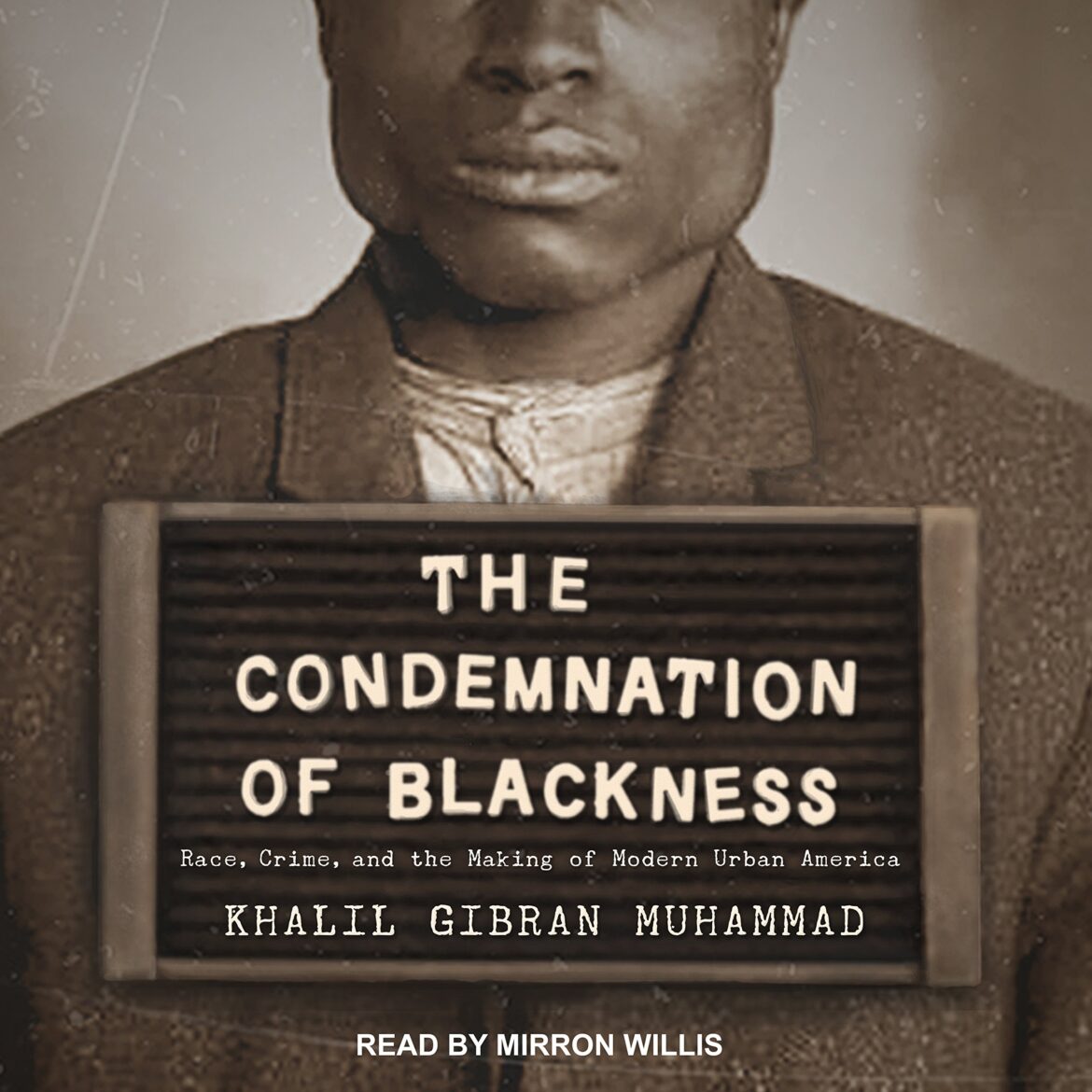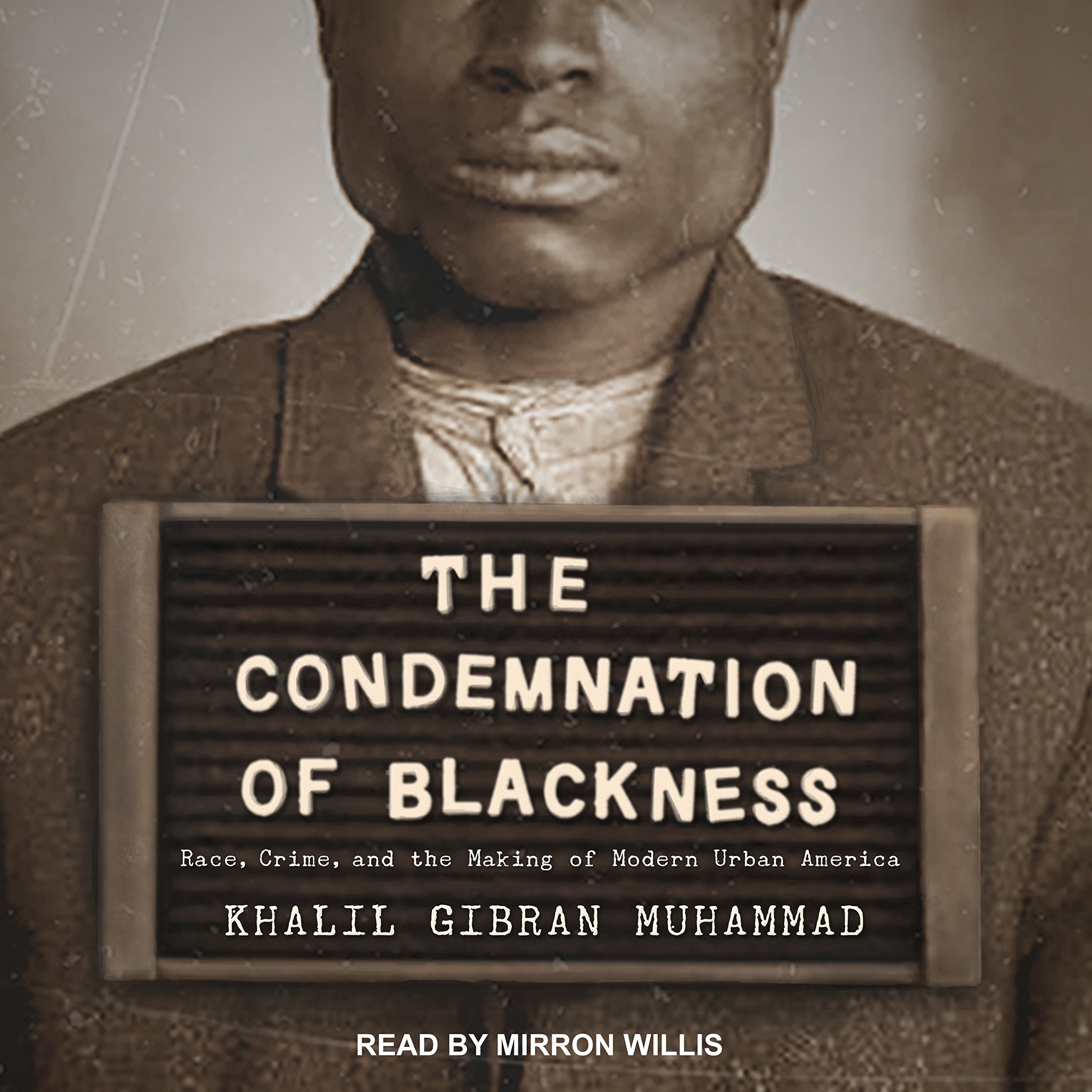
Ibram X. Kendi did a solid for anyone who is looking to get educated on how to become an anti-racist and to challenge anti-blackness in light of the George Floyd protests and global calls to end systematic brutality against black people in the United States by curating a long list of anti-racist books to read.
To quote Kendi, a professor and director of the Antiracist Research & Policy Center at American University :
To build a nation of equal opportunity for everyone, we need to dismantle this spurious legacy of our common upbringing. One of the best ways to do this is by reading books. Not books that reinforce old ideas about who we think we are, what we think America is, what we think racism is. Instead, we need to read books that are difficult or unorthodox, that don’t go down easily. Books that force us to confront our self-serving beliefs and make us aware that “I’m not racist” is a slogan of denial.
I excerpted a few of my faves:
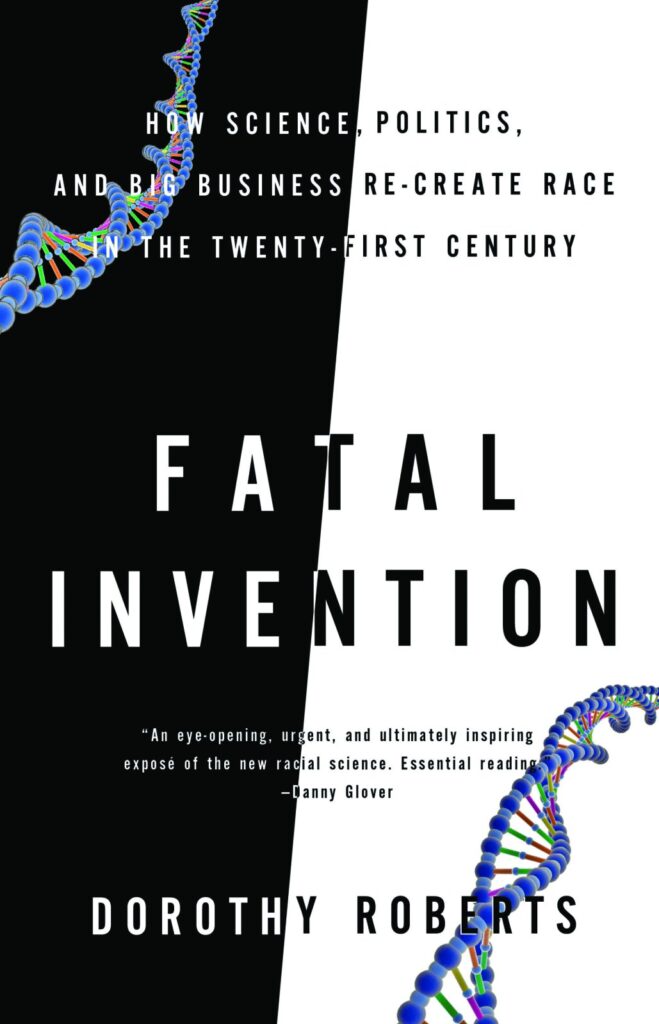
Race in the Twenty-First Century
By Dorothy Roberts
No book destabilized my fraught notions of racial distinction and hierarchy — the belief that each race had different genes, diseases and natural abilities — more than this vigorous critique of the “biopolitics of race.” Roberts, a professor at the University of Pennsylvania, shows unequivocally that all people are indeed created equal, despite political and economic special interests that keep trying to persuade us otherwise.
New Press, 2011
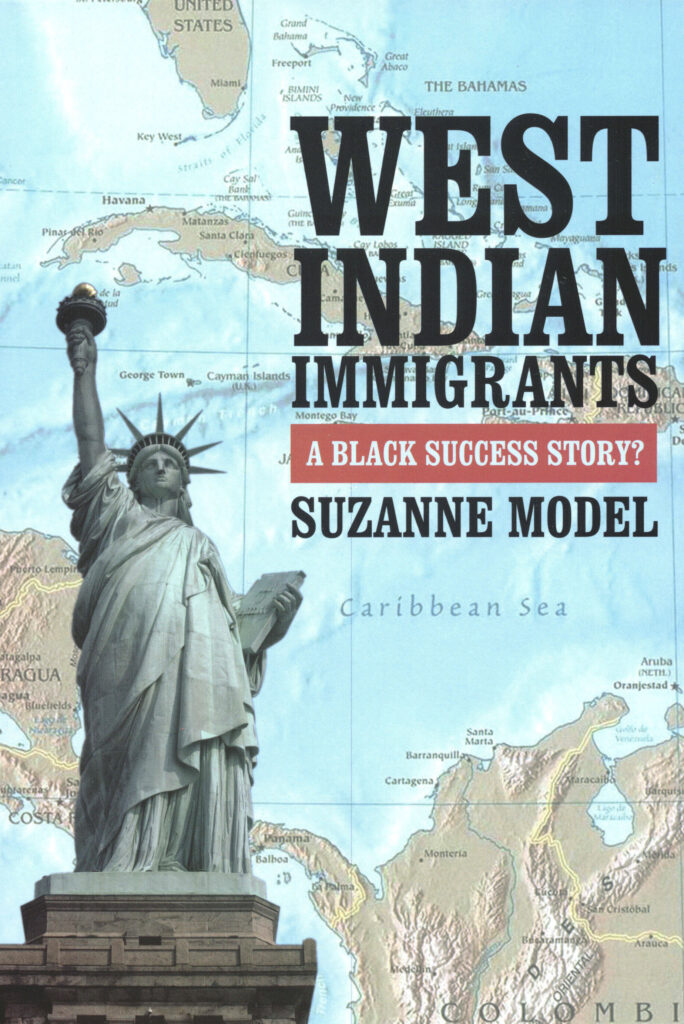
WEST INDIAN IMMIGRANTS
A Black Success Story?
By Suzanne Model
Some of the same forces have led Americans to believe that the recent success of black immigrants from the Caribbean proves either that racism does not exist or that the gap between African-Americans and other groups in income and wealth is their own fault. But Model’s meticulous study, emphasizing the self-selecting nature of the West Indians who emigrate to the United States, argues otherwise, showing me, a native of racially diverse New York City, how such notions — the foundation of ethnic racism — are unsupported by the facts.
Russell Sage Foundation, 2008
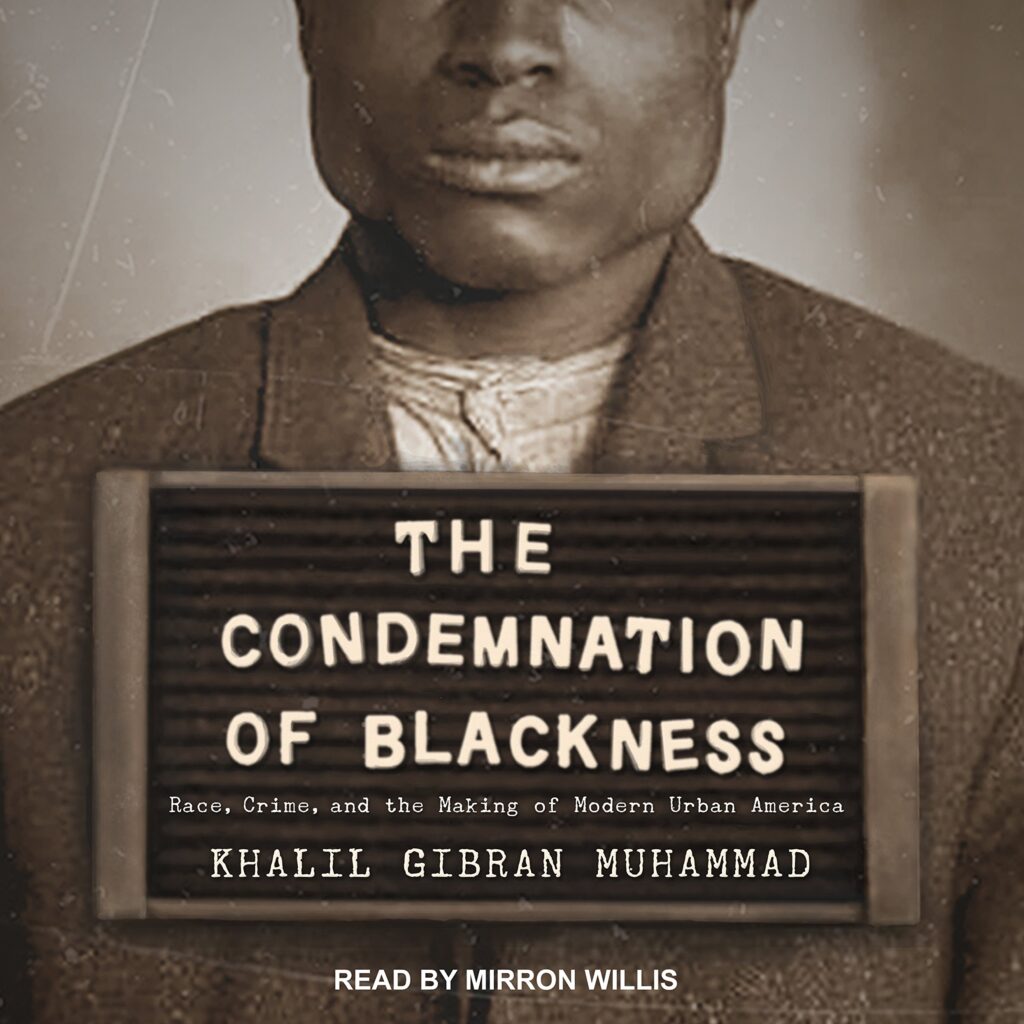
THE CONDEMNATION OF BLACKNESS
Race, Crime, and the Making of Modern Urban America
By Khalil Gibran Muhammad
“Black” and “criminal” are as wedded in America as “star” and “spangled.” Muhammad’s book traces these ideas to the late 19th century, when racist policies led to the disproportionate arrest and incarceration of blacks, igniting urban whites’ fears and bequeathing tenaciously racist stereotypes.
Harvard University, 2010
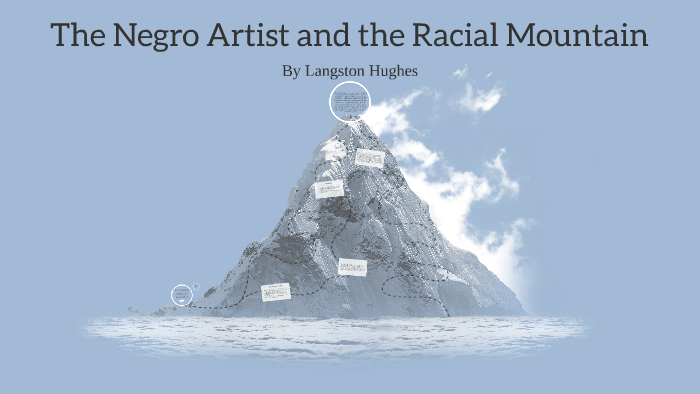
THE NEGRO ARTIST AND THE RACIAL MOUNTAIN
By Langston Hughes
“We younger Negro artists who create now intend to express our individual dark-skinned selves without fear or shame,” Hughes wrote nearly 100 years ago. “We know we are beautiful. And ugly too.” We are all imperfectly human, and these imperfections are also markers of human equality.
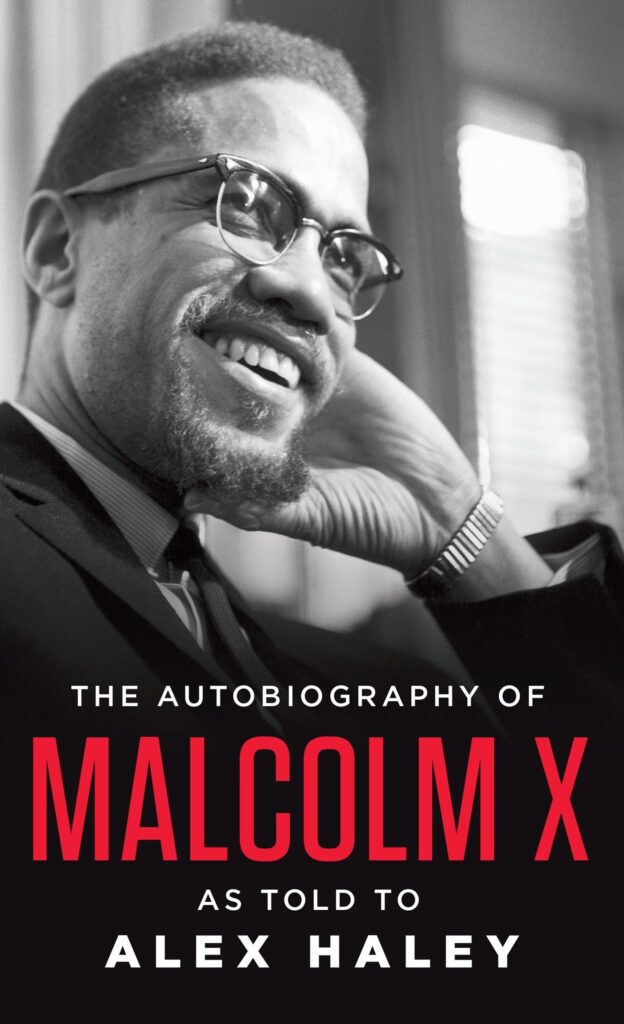
THE AUTOBIOGRAPHY OF MALCOLM X
By Malcolm X and Alex Haley
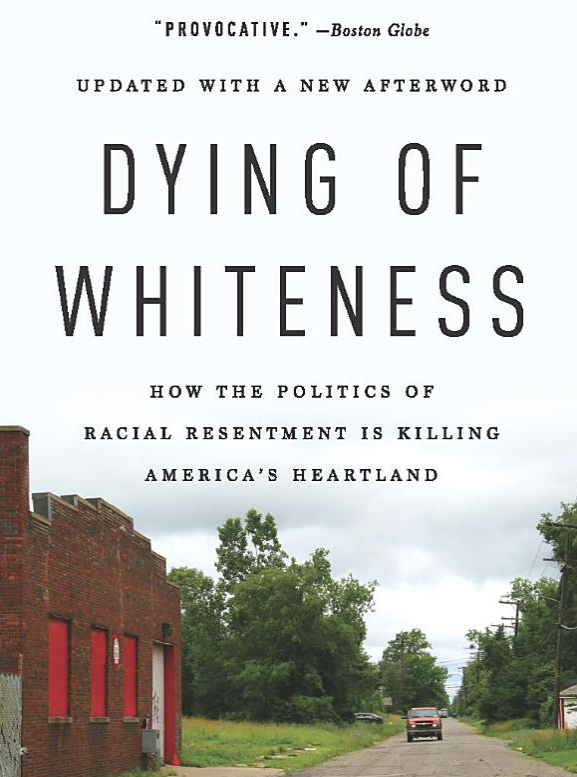
DYING OF WHITENESS
How the Politics of Racial Resentment Is Killing America’s Heartland
By Jonathan M. Metzl
Malcolm X began by adoring whiteness, grew to hate white people and, ultimately, despised the false concept of white superiority — a killer of people of color. And not only them: low- and middle-income white people too, as Metzl’s timely book shows, with its look at Trump-era policies that have unraveled the Affordable Care Act and contributed to rising gun suicide rates and lowered life expectancies.
1965 | Basic Books, 2019
happy reading!!
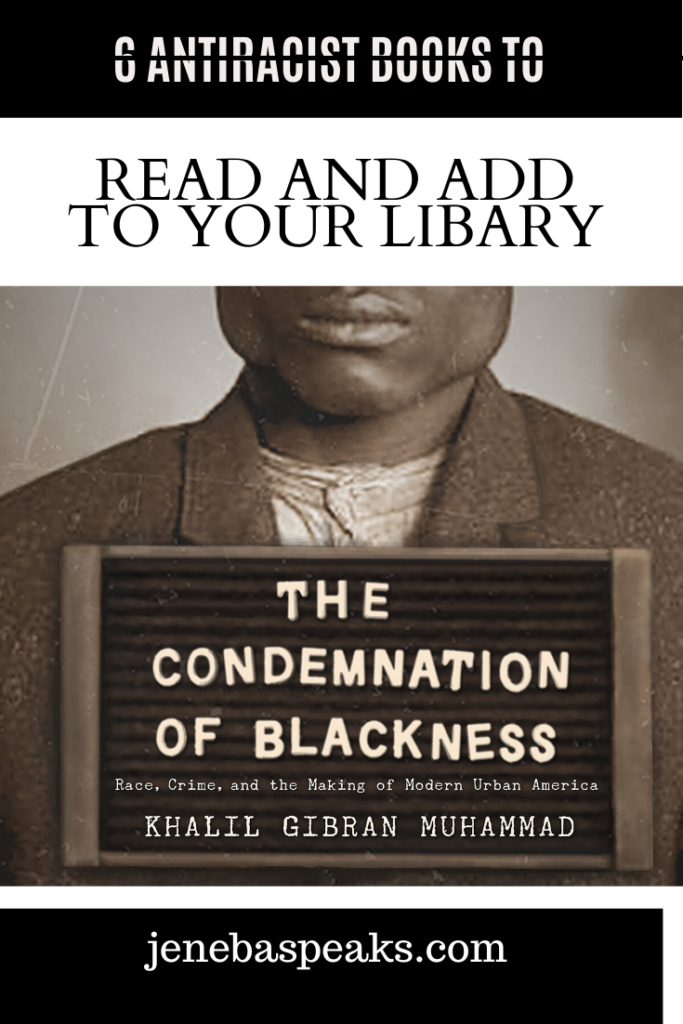
Jay Jay Ghatt is also editor at Techyaya.com, founder of the JayJayGhatt.com and JayJayGhatt.com where she teaches online creators how to navigate digital entrepreneurship and offers Do-It-For-You Blogging Service. She manages her lifestyle sites BellyitchBlog, Jenebaspeaks and JJBraids.com and is the founder of BlackWomenTech.com 200 Black Women in Tech On Twitter. Her biz podcast 10 Minute Podcast is available on iTunes and Player.fm. Follow her on Twitter at @Jenebaspeaks. Buy her templates over at her legal and business templates on Etsy shop!
